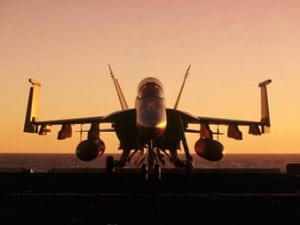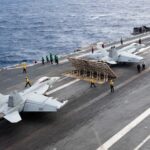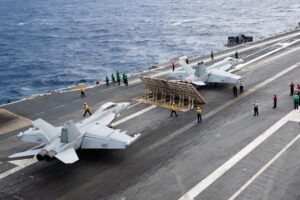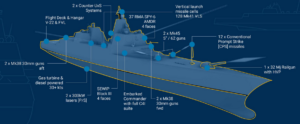
In its fiscal year 2017 defense authorization proposal, the House Armed Services Committee (HASC) tactical air and land forces subcommittee plans to boost procurement funding for a number of aircraft programs, including the Lockheed Martin [LMT] F-35 Joint Strike Fighter, Boeing [BA] F/A-18E/F Super Hornet and a selection of helicopters, it announced on Tuesday.The HASC subcommittee also proposed boosting funding for Lockheed Martin UH-60M Black Hawks, Airbus LUH-72 Lakotas and Boeing AH-64E Apaches so that the Army National Guard (ANG)…













